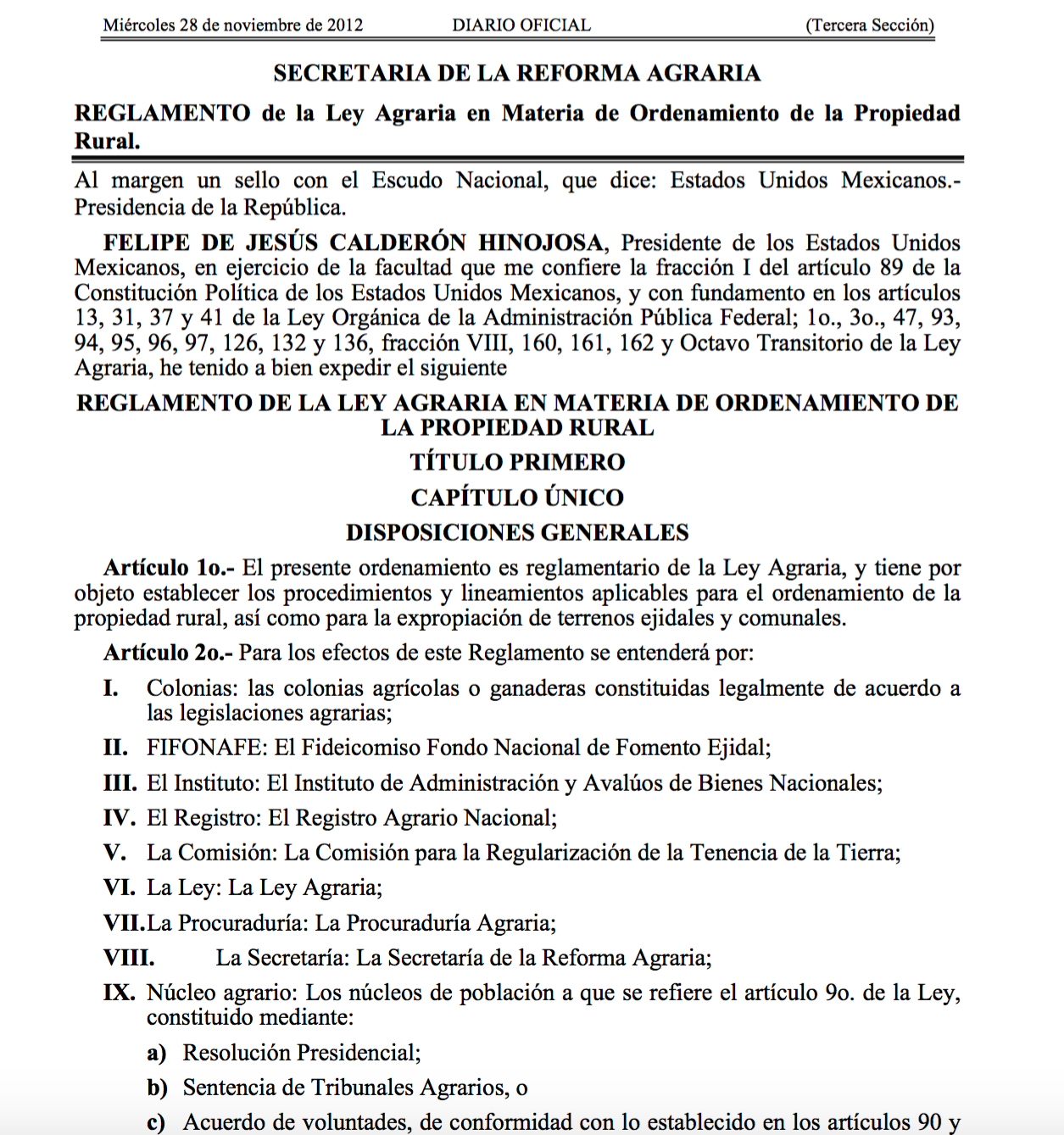The Dynamics of Social Capital and Conflict Management in Multiple Resource Regimes
Increasingly, social capital, defined as shared norms, trust, and the horizontal and vertical social networks that facilitate coordination and cooperation for mutually beneficial collective action, is seen as an important asset upon which people rely to manage natural resources and resolve conflicts. This paper uses empirical data from households and community surveys and case studies, to examine the role, strengths, and limits of social capital in managing conflicts over the use and management of natural resources.





